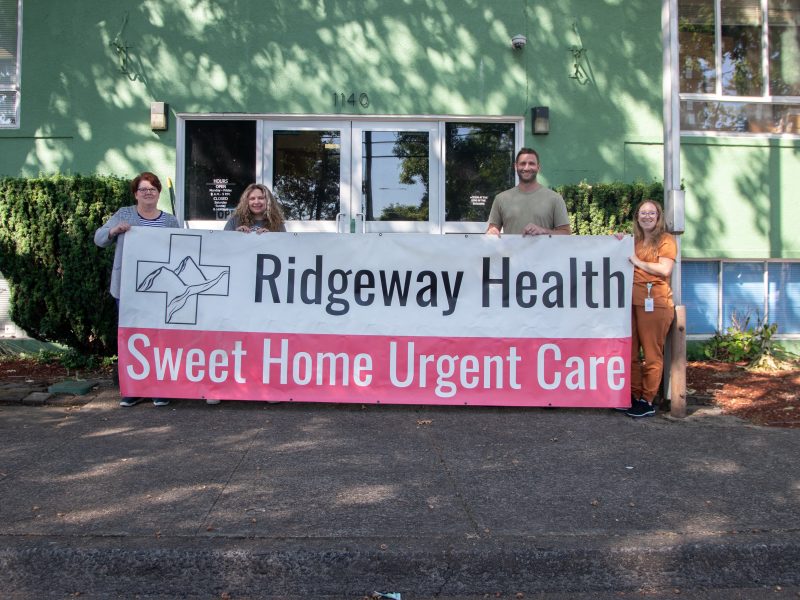Ridgeway Health, a privately owned medical center that’s focused on patient care, recently completed their move to the old city hall building located at 1140 12th Avenue.
Formerly located at 1025 Main Street, Ridgeway Health offers basic healthcare needs. Being smaller in nature, the center allows for more time to be spent on their patients and for the patients to have a say in their health care decisions.
“[We] try to offer care based on who they are and what they want,” Chad Tyler, the Certified Physician Assistant, said. “We’re not trying to check boxes and meet quotas.”
The city-owned building Ridgeway Health moved to opens the door for the expansion of services. The envisioned expansion includes a potential wellness center, which would allow for more auxiliary services.
“I think the benefit from working with the city is having their backing,” Tyler said. “Which is beneficial when we are trying to expand services.”
The move of locations was discussed during a City Hall meeting. According to a New Era archive, the council also approved authority to enter into lease negotiations with Ridgeway Health, which hoped to rent the old city hall building, June 25. The Ridgeway building will allow for multiple lessees.
“What we would really like to do with that space is not only approve the potential lease with Ridgeway Health, but then open that up to be a wellness center,” former city manager Kelcey Young said. “We have other agencies that have expressed interest in being in that building as well, and we think it would be a big benefit to Sweet Home.”
The council expressed gratitude for the opportunities to increase support services to the community. The current sitting Assistant City Manager, Cecily Pretty, said, “The hope is to create a wellness anchor for Sweet Home. It’s been really exciting that we’ve had some medical facilities move in, but we definitely want to grow that.”
“Obviously, when you have a building with multiple lessees, you want them to complement each other,” Pretty explained. “So it would be great if we could get some sort of daycare or preschool thing going.”
As the transition continues, both Ridgeway Health and the City of Sweet Home look forward to the benefits this partnership will bring, enhancing the overall well-being of Sweet Home residents.





